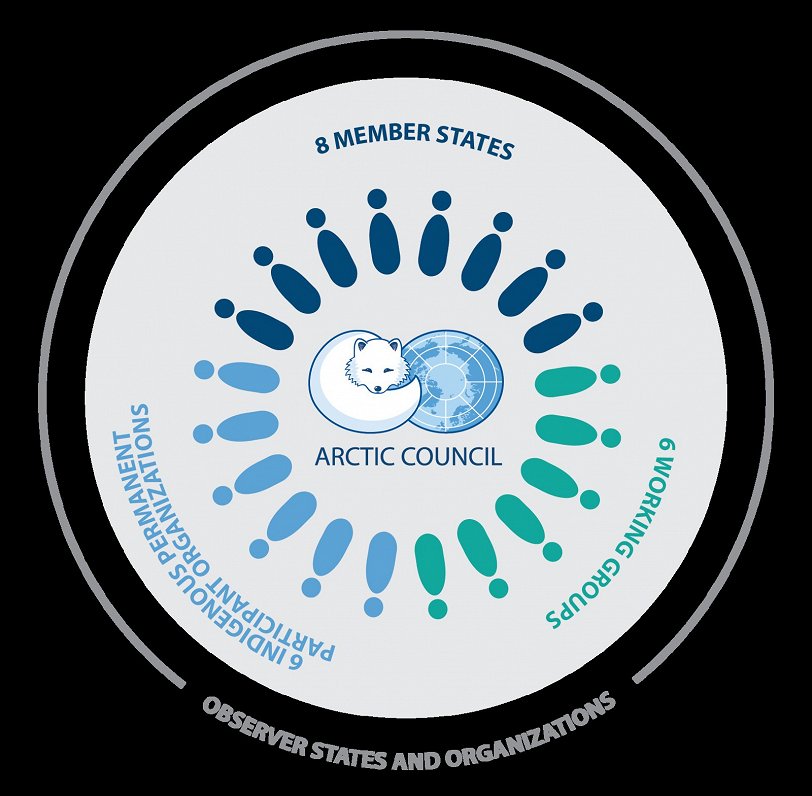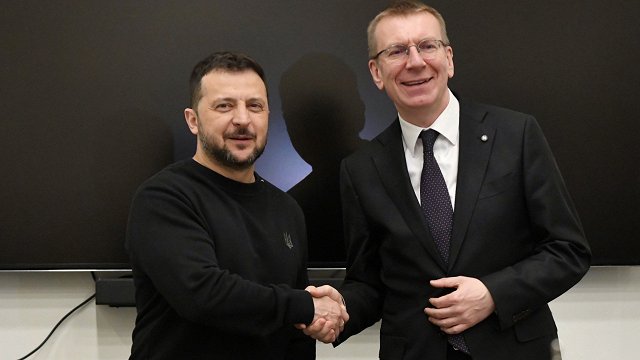The seminar was the first discussion of this kind about the Arctic-related issues, Latvia’s interests in the Arctic and the work of the Arctic Council since the decision by the Latvian government to apply for status of observer to the organization.
However the work of the Arctic Council itself is currently suspended because aggressor state Russia holds the presidency of the oraganization from 2021 to 2023. The Arctic Council is an intergovernmental forum promoting cooperation, coordination and interaction among the Arctic States, Arctic Indigenous peoples and other Arctic inhabitants on common Arctic issues, in particular on issues of sustainable development and environmental protection in the Arctic. It was formally established in 1996.
.@Latvian_MFA hosted a seminar “Latvia in the Arctic”, which brought together 🇱🇻 scientists, business people, public figures, representatives from foreign countries, who discussed Arctic-related issues, 🇱🇻 interests in the Arctic, work of @ArcticCouncil.
— Latvian MFA 🇱🇻 | #StandWithUkraine 🇺🇦 (@Latvian_MFA) December 15, 2022
➡️https://t.co/JpfJS4gW7K pic.twitter.com/TTNVOMKhep
In the first part of the Latvian seminar, researchers from the University of Latvia, Kristaps Lamsters and Jānis Karušs, together with entrepreneurs from companies SIA MP Industries, SIA North Grip Innovations and N-LAB association exchanged views on the opportunities offered to Latvia’s businesses by research that Latvian scientists undertake in not only in the Arctic but also the Antarctic in the field such as robotics, clothes manufacturing, and others.
Further on during the seminar, Under-Secretary of the Ministry of Culture, Zane Vāgnere, cultural figures and researchers informed the audience about the potential for building mutual contacts with organisations, companies and people in the Arctic region. The director of the Livonian Institute of the University of Latvia, Valts Ernštreits, how Latvia could share its experience concerning the preservation and digitalisation of the cultural heritage of indigenous people.
In the second part of the seminar, Professor Peter Sköld from Umeå University, informed the audience about the work of the Arctic Council and its principles. A discussion with Prof. Sköld was followed by a presentation given by the Ambassador of Norway to Latvia, Ine Måreng, about Norway’s Arctic policy and potential priorities of action during the Norwegian Presidency of the Arctic Council for 2023–2025.
In 2021, the Government of Latvia decided on the need to apply for observer status in the Arctic Council.

























